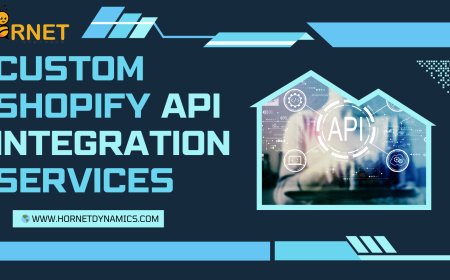The Key Factors Influencing the Success of Power BI Consultants
This article delves into the essential factors that influence the success of Power BI consultants.
Introduction
Power BI consultants play a pivotal role in helping businesses harness the potential of data visualization and analytics. However, the effectiveness of a consultant depends on various factors that contribute to successful project execution and client satisfaction. This article delves into the essential factors that influence the success of Power BI consultants.
1. Strong Foundation in Power BI Technology
a. Comprehensive Knowledge of Power BI Suite
Familiarity with all components of Power BI, including Power BI Desktop, Service, and Mobile, is a prerequisite for delivering effective solutions.
b. Advanced Scripting and Querying Skills
Mastery of DAX (Data Analysis Expressions) and M queries enables consultants to create complex calculations and efficient data transformations.
c. Expertise in Data Relationships
Designing and managing optimal data models ensures smooth and accurate reporting.
2. Understanding Business Objectives
a. Requirement Gathering
Engaging with clients to understand their pain points and goals ensures that the solutions align with their strategic objectives.
b. Defining Clear Outcomes
Setting clear deliverables helps in creating dashboards and reports that meet specific needs.
c. Bridging the Gap Between IT and Business Teams
Power BI consultant often act as mediators, ensuring that both technical and business perspectives are integrated into the solution.
3. Data Integration and Preparation
a. Connecting Diverse Data Sources
Seamless integration with various systems, such as CRMs, ERPs, and cloud storage platforms, is crucial for comprehensive analysis.
b. Data Cleaning and Transformation
Preparing clean and usable data through Power Query ensures accurate reporting and insights.
c. Real-Time Data Handling
Setting up real-time dashboards for live monitoring enhances decision-making efficiency.
4. Designing User-Centric Dashboards
a. Creating Intuitive Interfaces
User-friendly dashboards encourage widespread adoption among stakeholders.
b. Interactive Features
Incorporating slicers, filters, and drill-down capabilities enhances the user experience.
c. Responsive Designs
Optimizing for mobile and other devices ensures that users can access insights anytime, anywhere.
5. Proficient Communication and Collaboration
a. Explaining Insights
Simplifying data interpretations helps non-technical stakeholders grasp the value of analytics.
b. Collaborating Across Teams
Working alongside departments such as marketing, finance, and operations ensures the solution addresses diverse requirements.
c. Presenting Data Stories
Effective storytelling techniques enable consultants to communicate data insights persuasively.
6. Focus on Security and Governance
a. Implementing Role-Based Access Control
Restricting access to sensitive information ensures data security and compliance.
b. Data Encryption and Compliance
Maintaining adherence to regulatory standards like GDPR or HIPAA enhances trust.
c. Auditing and Monitoring
Tracking data usage prevents unauthorized access and ensures accountability.
7. Client Engagement and Training
a. Hands-On Training
Empowering users through training sessions enhances their ability to use Power BI independently.
b. Comprehensive Documentation
Providing detailed guides, FAQs, and manuals ensures clients can troubleshoot issues post-implementation.
c. Proactive Support
Being available for questions and adjustments builds a strong client-consultant relationship.
8. Adaptability and Continuous Learning
a. Keeping Up with Updates
Microsoft frequently updates Power BI; staying informed ensures the consultant remains competitive.
b. Expanding Technical Expertise
Knowledge of complementary technologies like Azure, SQL, and Python adds depth to a consultant’s skill set.
c. Embracing AI and Machine Learning
Incorporating advanced analytics and predictive modeling prepares consultants for evolving business needs.
9. Time Management and Deliverables
a. Setting Realistic Timelines
Breaking projects into milestones ensures consistent progress and timely delivery.
b. Efficient Task Prioritization
Focusing on critical aspects of the project first ensures maximum impact.
c. Flexibility to Adjust Plans
Adapting to changing requirements keeps projects on track.
10. Encouraging Feedback and Iteration
a. Open Channels for Feedback
Actively seeking client feedback ensures the solution meets expectations.
b. Iterative Development
Incorporating feedback during development enhances final outcomes.
c. Building Long-Term Relationships
Delivering tailored solutions and ongoing support fosters client loyalty.
Conclusion
The success of Power BI consultants hinges on technical prowess, effective communication, and client-centric approaches. By mastering these factors, consultants can deliver impactful solutions that empower organizations to unlock their full potential.
What's Your Reaction?



















